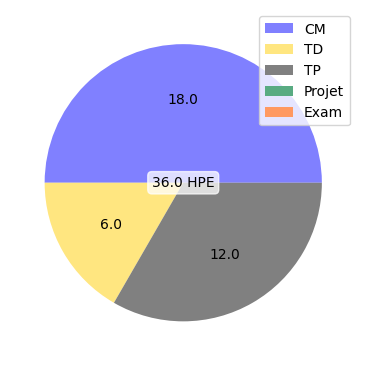Systèmes et Modélisation
Systems and Models
Description: The Systems and Modeling course, part of the first-year core curriculum, aims to equip students with the necessary skills to accurately and effectively represent various types of systems using mathematical models. This facilitates the understanding, analysis, and optimization of systems in diverse contexts. The state-space representation—generally nonlinear—provides a highly generic modeling framework, particularly well-suited for numerical simulations of system behavior. However, a linearization step is often required afterward, in order to leverage the extensive set of analytical tools available for linear systems. These tools enable the resolution of differential equations, the assessment of system stability, and the analysis of closed-loop systems. In this context, the connection between time-domain and frequency-domain responses is well established, allowing for controller design via frequency-based methods that meet specific time-response specifications for a controlled system.
Learning outcomes: At the end of this first-year course, the student will be able to develop the mathematical model of a system in order to predict its behavior. They will also have acquired the methods required to perform numerical simulations based on this model. Finally, they will master the design of controllers used in feedback control problems.
Evaluation methods: Labwork evaluation.
Evaluated skills:
- Physical Modeling
- Data Processing
- Systems Analysis
Course supervisor:
- Damien Rontani
- Jean-Luc Collette
Geode ID: SPM-AUT-001
